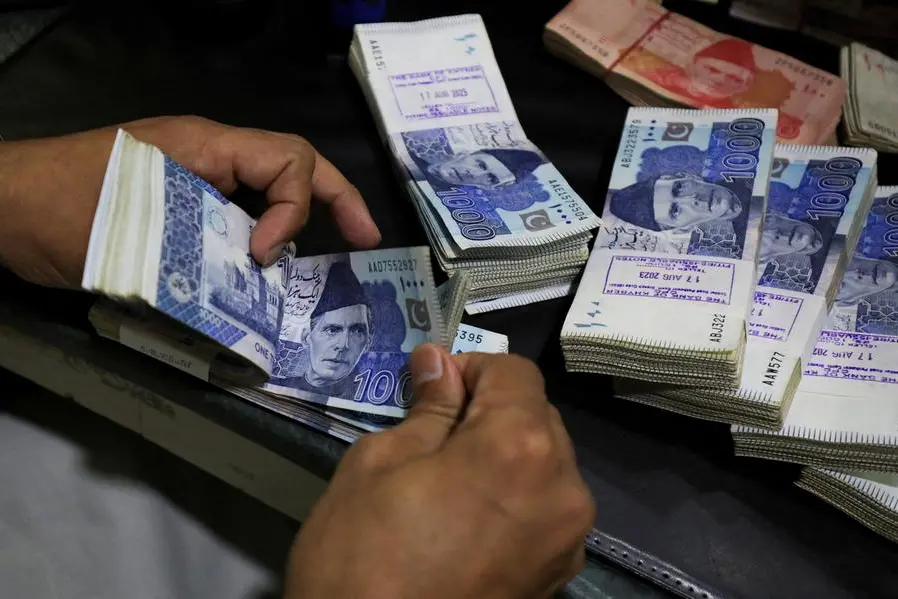PHOTO
Pakistan's economy is grappling with structural bottlenecks, exacerbated by political uncertainty, despite some improvement in macroeconomic indicators, the central bank said on Tuesday, predicting real GDP growth of 2%-3% for fiscal 2024.
The State Bank of Pakistan said in its six-monthly report that there had been a moderate recovery in real economic activities since last year.
But "political uncertainty exacerbates the situation through inconsistency in economic policies, weak governance and public administration", it said.
Downside risks for the economy remained exceptionally high, the International Monetary Fund (IMF) said last week in its staff report on the country ahead of talks with the IMF on a longer-term programme.
The IMF added that political complexities and high cost of living could weigh on policy, adding that policy slippages, together with lower external financing, could undermine the narrow path to debt sustainability and place pressure on the exchange rate.
The central bank in its report said that political uncertainty underscored the need for policy reform, adding that one of the most significant challenges amplified by structural issues was high and persistent inflation.
The report said nevertheless that inflation, despite the uncertainty, was expected to remain on a downward trajectory.
Consumer price inflation slowed to 17.3% in April from a year earlier, the lowest reading in nearly two years. (Reporting by Ariba Shahid in Karachi; Editing by Nick Macfie)





















